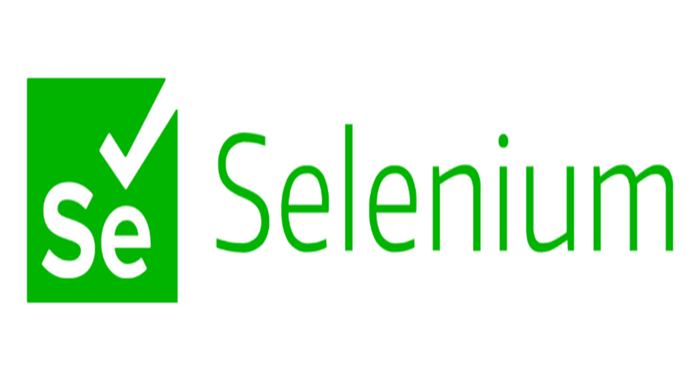The Iterative Model is a type of Software Development Life Cycle (SDLC) that emphasizes an incremental and iterative approach to software development. Unlike traditional linear models, such as the Waterfall Model, where each phase must be completed before moving on to the next, the Iterative Model allows for the repetition of cycles, enabling gradual development and refinement of the software.
Key characteristics of the Iterative Model in SDLC include:
Repetitive cycles: The development process is divided into smaller iterations or cycles. Each iteration involves a subset of the complete system’s features and functionality.
Incremental progress: With each iteration, new features or enhancements are added to the existing system, making it incrementally more complete and functional.
Feedback and adaptation: Stakeholder feedback is collected at the end of each iteration. This feedback is used to make adjustments and improvements in subsequent iterations.
Flexibility: The model allows for flexibility in incorporating changes or modifications during the development process, as adjustments can be made based on feedback and evolving requirements.
Prototyping: Prototyping is often used in the Iterative Model to create a working model of the system, allowing stakeholders to interact with a tangible representation and provide valuable input.
Risk management: By addressing high-priority and high-risk components early in the development process, the Iterative Model helps manage risks and ensures that potential issues are identified and addressed sooner rather than later.
Parallel development: Different parts of the system can be developed in parallel, allowing for a more concurrent and efficient development process.
The Iterative Model is particularly suitable for projects where requirements are not well-understood or are expected to change over time. It allows for a more adaptive and responsive approach to development, accommodating modifications and improvements as the project progresses. Common iterative development methodologies include Agile, Scrum, and Rapid Application Development (RAD).
